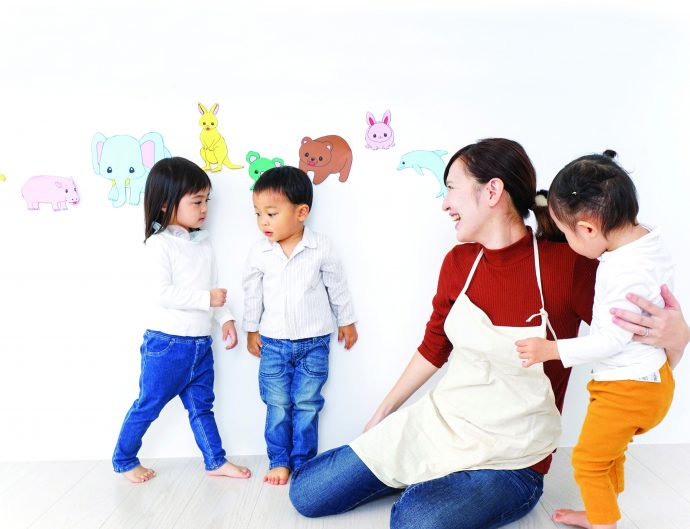Making friends may look like something that is easy and effortless but it can be challenging to some children. And just like any relationship, keeping and maintaining friendships also require work.
The first friends for children are usually their siblings, followed by cousins or neighbours, then classmates from nursery and kindergarten. Every child has a different temperament and character. Even friendly ones need some time to warm up to others and to establish a relationship. The most confident of children may also face difficulties making friends, especially if their approach is too strong for a quiet child. Fortunately, making friends is a skill that can be developed, and parents have a big role to play in teaching children how to make friends.
Encourage their social skills
Parents can start by helping children develop the necessary social skills, and these include conversational skills, emotional self-control and interpersonal skills. Children who are good at interpersonal skills such as empathy, perspective-taking and moral reasoning are usually popular and well-liked by their peers.
There are three main aspects to help your child get started:
- Be an emotion coach. Talk to your child about her feelings in an understanding and helpful way. This helps her to learn and regulate her own emotions better, which may lead to enhanced empathy and the ability to show concern for others. Open communication will also give you opportunities to gain insight from her emotional experiences in her social world.
- Practise authoritative parenting. Include thoughtful discussions and explanations on rules as this will help shape behaviours within a warm relationship. Children raised this way tend to be more self-reliant, less aggressive and have better self-control when interacting with others.
- Be a good role model in effective communication. In addition to engaging her in give-and-take dialogues, practise active listening with her – this includes making appropriate eye contact and orienting your body to her when she talks. Be sure to pay full attention to what she says and give appropriate responses to indicate you’re listening. Remember that children watch and learn from adults (and less from what you tell them) so be mindful when talking with others.
Provide ideas about conversation
Your child may be at a loss on how to start and end a conversation. Teach her the basics and show her how you use them when interacting with others. You can also show her how to cope with social situations she may have trouble with, such as joining in when others are playing and what to do or say.
You can practice with your child. If she feels awkward, you can try using her toys to represent people and show her how a conversation might flow from there.
Ultimately, you should still progress to face-to-face conversations with her (by role-playing) as this will help her better recognise body language. Avoid being an interviewer or hogging the conversation – you want her to speak for herself!
Simple conversation basics for kids
- Start with a greeting. There are many ways to get a conversation started, and most start with a simple greeting, e.g. “Hi, my name is Aishah. What’s yours?”, “What are you playing/doing?” or “Can I play too?”
- What to talk about? Conversation topics can make or break the flow of any conversation. There are a wide range of topics that can be used, e.g. “What’s your favourite game/food/colour?”
- Take turns during conversations. Teach your child to share and listen during conversation. A simple way to engage the other person is with open-ended questions, e.g. “There are so many cartoons I wonder which one you think is the best?”, “I like fried chicken and watermelon juice. How about you?” or “Why do you like blue colour?”
- How to end a conversation? It’s important to teach your child how to end a conversation politely, e.g. “It was nice to talk with you,” or “I have to go, see you later!”
Humans are social beings
The development of interpersonal skills are important as your child will benefit by being able to socialise better with others. Those who are able to make good friends will enjoy social support in their lives for the things they do and the experiences they go through. A lucky few may even enjoy friendships that last a lifetime. So make it a point to build up her social skills by teaching and guiding her at every opportunity.
An educational contribution by Malaysian Society of Clincial Psychology.






Comments